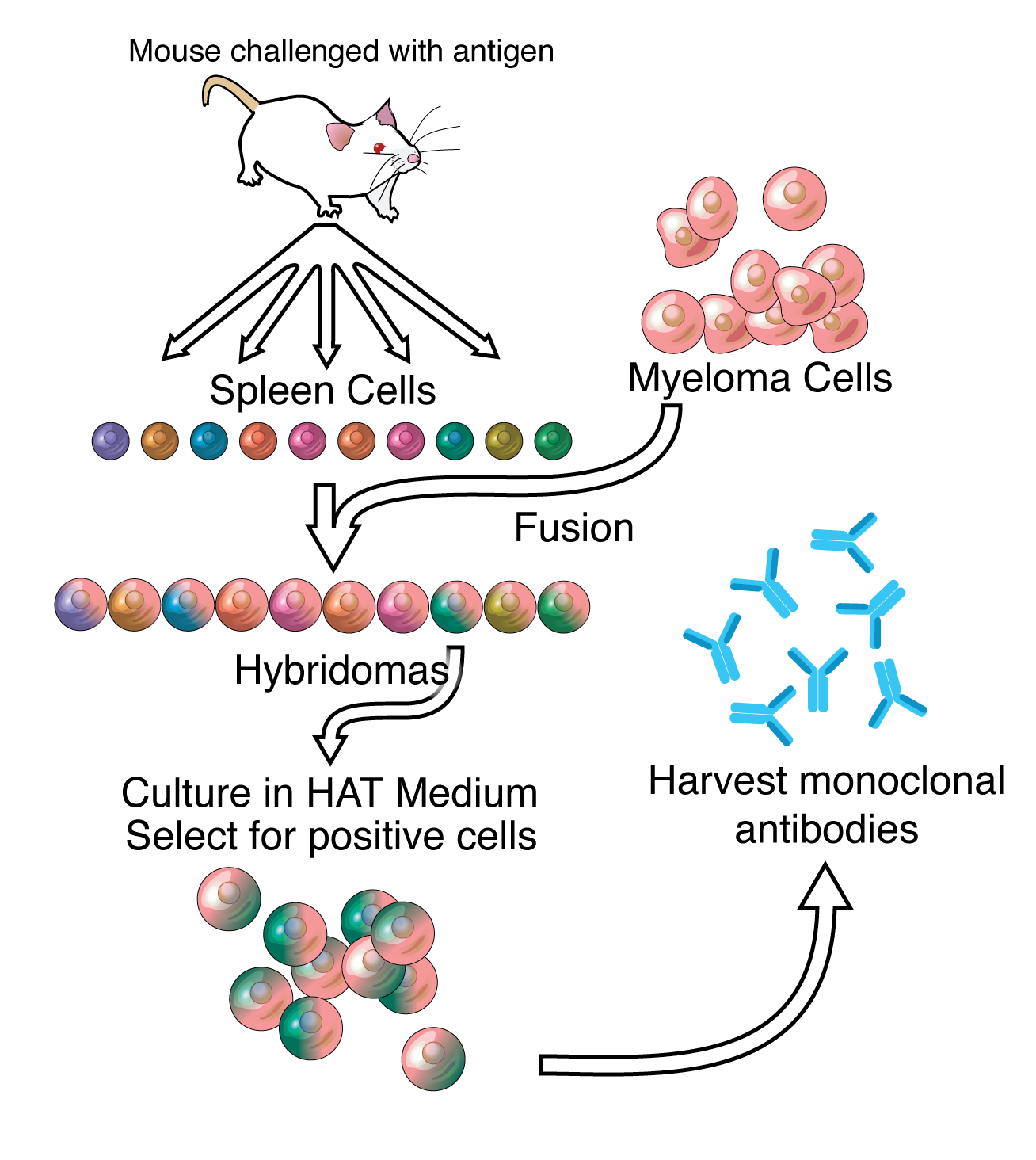
Highlights §
- Zero-Knowledge Proofs are wonky. For the first thirty or so years of their lives, they existed only deep in the research labs of academic cryptographers. They involve math that I couldn’t begin to understand, let alone explain, and when we wrote that piece, their use cases were still almost purely speculative. Despite that, and despite the fact that there were only 56,891 of us here at that time, Zero Knowledge has been viewed 113k times and was our most popular piece of the month by a landslide. (View Highlight)
- In the piece, we gave an overview of Zero-Knowledge Proofs, and predicted that you’d be hearing a lot more about them over the next five years. Fast-forward 17 months, and the zero-knowledge zeitgeist is upon us. Starkware, zkSync, Aztec, Espresso, ImmutableX, Polygon’s zkEVM, and Aleo are either live on mainnet or in various stages of testnets. If they hit their timelines, Zero Knowledge Proofs could be one of the breakout technologies of 2023. (View Highlight)
- Today, we’re going to go deep on one of the most promising companies in the zero-knowledge space: Aleo. Aleo is a L1 blockchain that uses zero-knowledge proofs to let developers build private-by-default applications. Its developers view zk-powered blockchains as the third wave. First, there was Bitcoin. Then, there was Ethereum. Now, there’s Aleo. (View Highlight)
